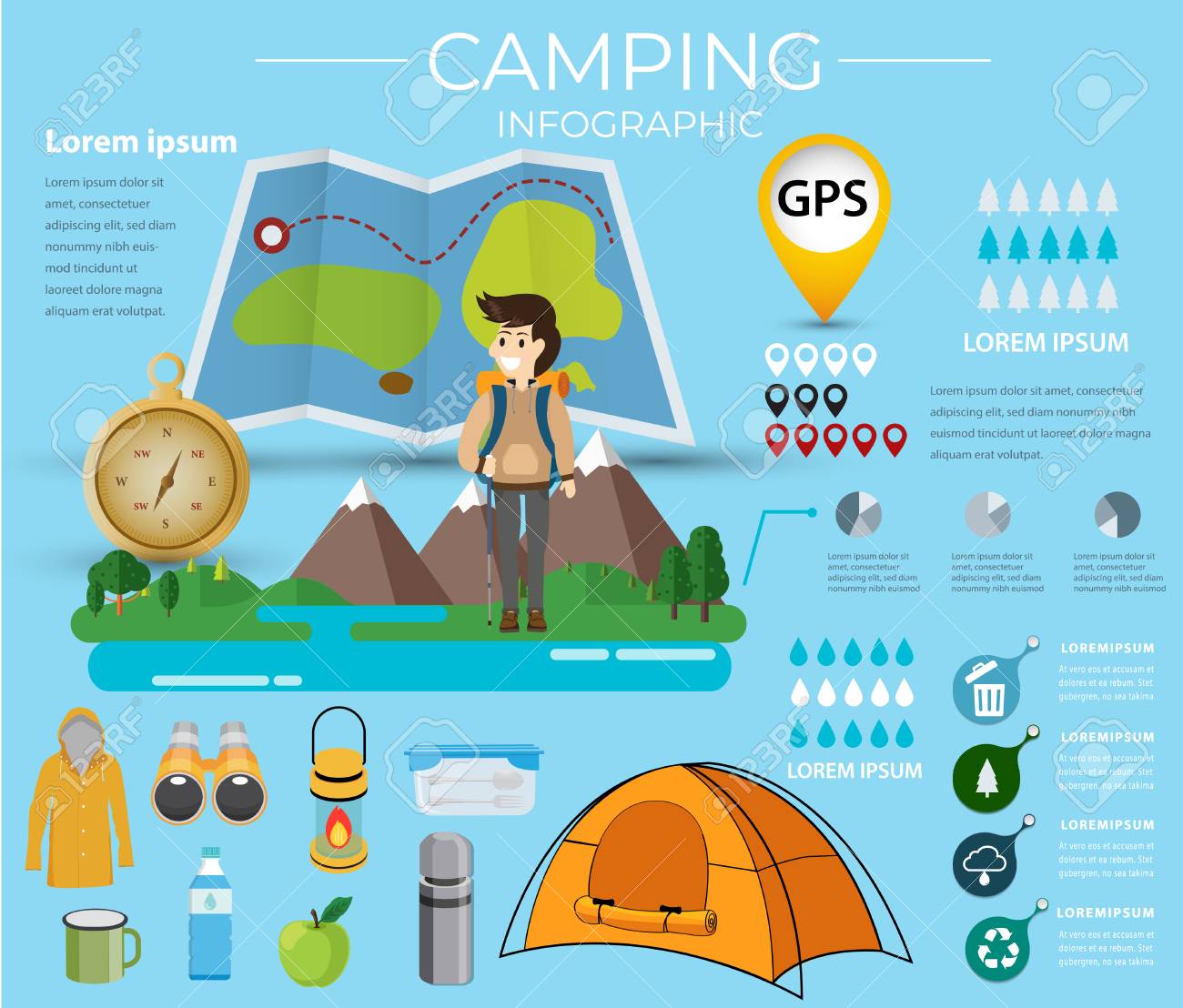Choosing the right framework material is crucial for event camping tents. Whether it's coated steel for budget plan tents or anodized aluminum for durable applications, there are numerous considerations to bear in mind.
Steel structures are common in lower-priced pop-up tents yet are prone to deterioration even with finishes and require normal upkeep. Aluminum is lightweight, normally withstands rust, and stands up well in damp or coastal environments.
Steel
When it involves making sure the sturdiness of custom outdoors tents, the material used in their frameworks plays a crucial role. Steel and light weight aluminum alloys both use costs longevity, yet each deals one-of-a-kind advantages that make it ideal for various sorts of atmospheres. Steel is perfect for sturdy problems, while aluminum master withstanding corrosion and lessening maintenance costs.
When occasion hosts select the ideal tent for their demands, they need to take into consideration elements like anticipated weather conditions. For example, structure camping tents often execute much better in gusty or stormy problems than pole camping tents because they don't rely on a main pole to sustain the framework. Nevertheless, the links between frame pieces can damage in high stress and anxiety scenarios. Determining these weaknesses and performing regular examinations can assist prevent potential damages.
Steel frameworks are difficult to cut, weld or form, which can call for specialized devices and enhance labor prices. Additionally, they often tend to corrosion or wear away conveniently and might require additional security or layers. Additionally, steel is very hefty and can trigger issues when transferring a cover. It's also challenging to keep for extended periods of time due to the fact that it occupies much more space than light weight aluminum structures.
Aluminum
Light weight aluminum is a prominent structure material for canopy outdoors tents because it's lightweight, rust-resistant, and easy to move and set up. It additionally offers a much more steady sanctuary during gusty problems than steel frames. Light weight aluminum is less susceptible to tearing and any kind of damage can be quickly repaired, extending the life of the tent. It likewise takes a breath to minimize condensation and supplies remarkable acoustic insulation to dampen outdoors noise.
The durability of light weight aluminum framework outdoors tents is additionally enhanced by the all-natural oxidation homes of the steel. It produces a portable oxide layer that safeguards the surface from rust and discolorations. Therefore, the longevity of an aluminum turn up camping tent can be boosted also better when the framework is plated.
Anodized light weight aluminum is stronger than steel and can hold up against high wind speeds. Furthermore, the finishing resists rust and stains, prolonging the life-span of the camping tent. In addition, anodized light weight aluminum is recyclable and lasting, making it perfect for services seeking LEED qualification. The combination of these homes makes light weight aluminum a more economical alternative than steel for large, durable outdoors tents, such as those used to fit commercial tools and warehouse stock. Steel, on the other hand, is extra pricey because it needs pricey alloys such as nitrogen, molybdenum, and chromium to boost strength.
Iron
Iron framework camping tents commonly last up to 15 years if the best care and upkeep is applied. This consists of on a regular basis cleaning up fabric and checking steel parts for deterioration and wear. By taking these measures, event hosts can take full advantage of the dependability of their frameworks and guarantee their ongoing efficiency in tough settings.
Steel is an ideal material for constructing durable tents, particularly for usage in rough weather. It is a strong, durable, and cost effective product that supplies security and strength for a variety of applications. Nonetheless, steel is prone to rusting in moist and seaside settings. The canvas material enhancement of safety finishes and routine upkeep can assist to reduce this risk, but these efforts increase overall upkeep prices.
On the other hand, light weight aluminum is a much more resilient option for a customized tent due to its all-natural oxidation buildings. When plated, light weight aluminum ends up being super-strong and as much as three times harder than standard light weight aluminum alloys. This makes plated light weight aluminum the second-hardest substance next to ruby (satellites, airplane, and armed forces cars all use anodized light weight aluminum). Along with its toughness, anodized aluminum is additionally a lot more resistant to rust than steel. These variables make light weight aluminum an exceptional choice for turn up cover camping tents and contribute to their capacity to bring longer guarantees (5, 7, and even life time framework warranties). In addition, light weight aluminum is 1/3 the weight of steel allowing for a much thinner framework layout for more personalization alternatives and increased stamina.
